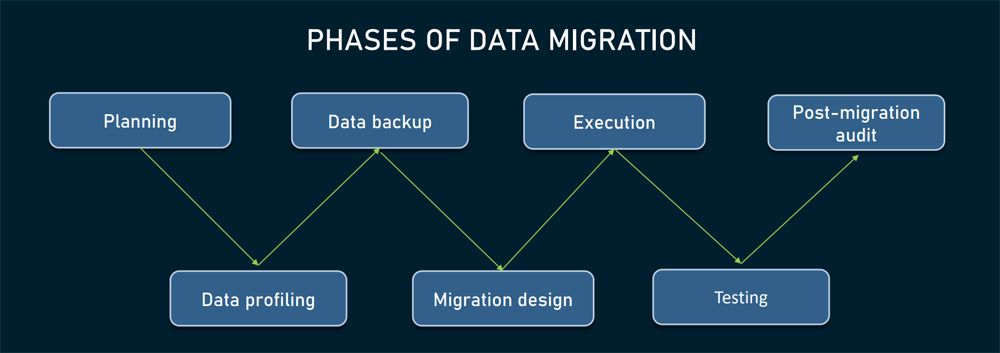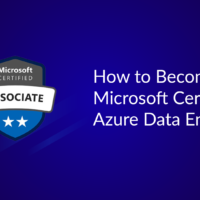Data migration is an important process for many organizations as it allows them to upgrade, replace or consolidate systems, move data to the cloud, improve data security and compliance, ensure continuity of business operations and enhance data analytics and decision-making capabilities.

It can bring significant benefits to an organization in terms of cost savings, improved efficiency, and enhanced capabilities. However, it can also be a complex and time-consuming process, so it’s important to plan and execute the migration carefully to ensure its success and minimize potential disruptions.
Before doing data migration, it is important to consider the following:
- The compatibility of the source and destination systems
- The completeness and accuracy of the data being migrated
- The potential impact on ongoing business operations
- The appropriate methods and tools for migrating the data
- The testing and validation of the migrated data
- Security and privacy considerations
- The development of a rollback plan in case of issues
- The planning and execution of post-migration tasks
If you’re in need of an experienced and reliable IT consultant, don’t hesitate to contact me.












